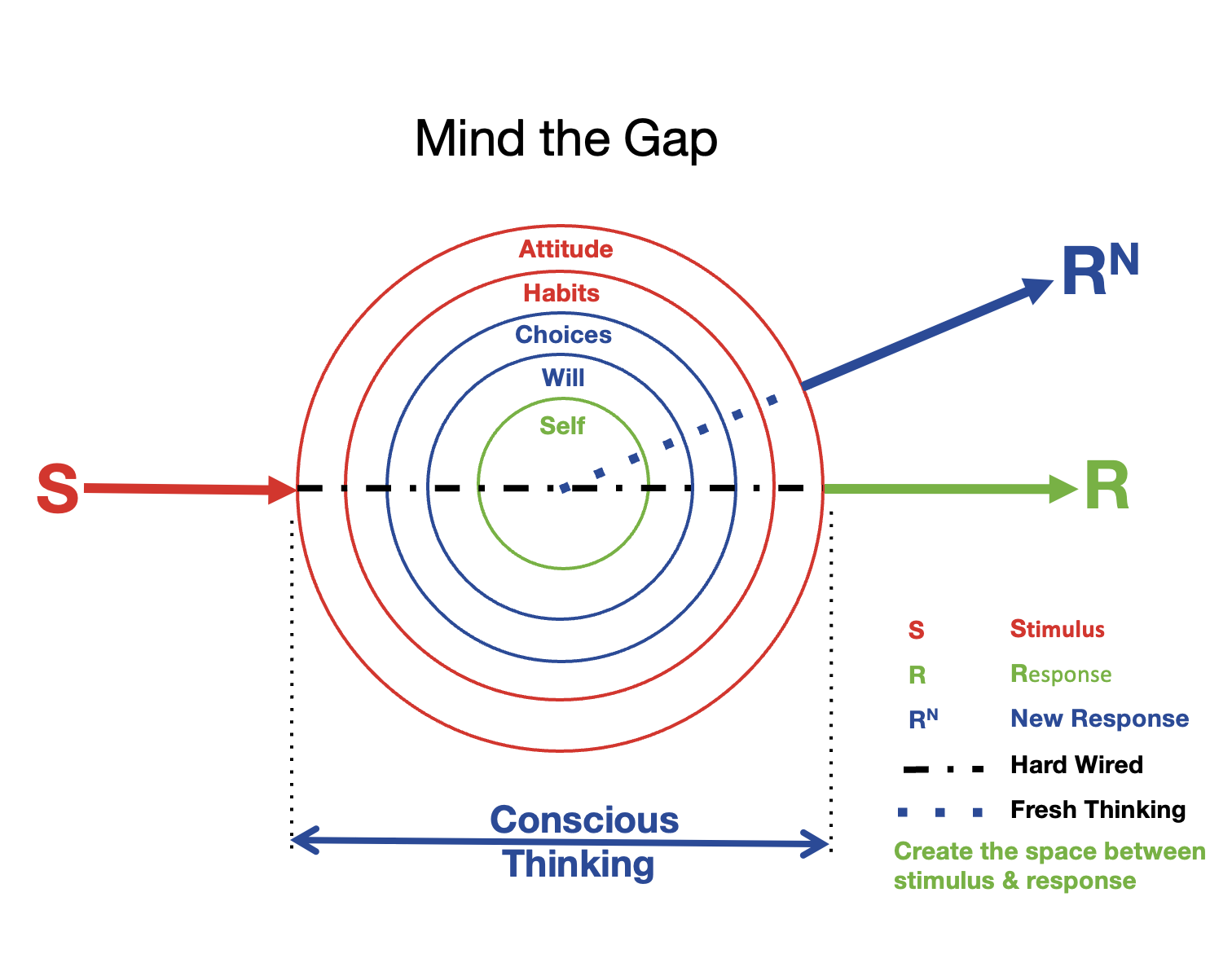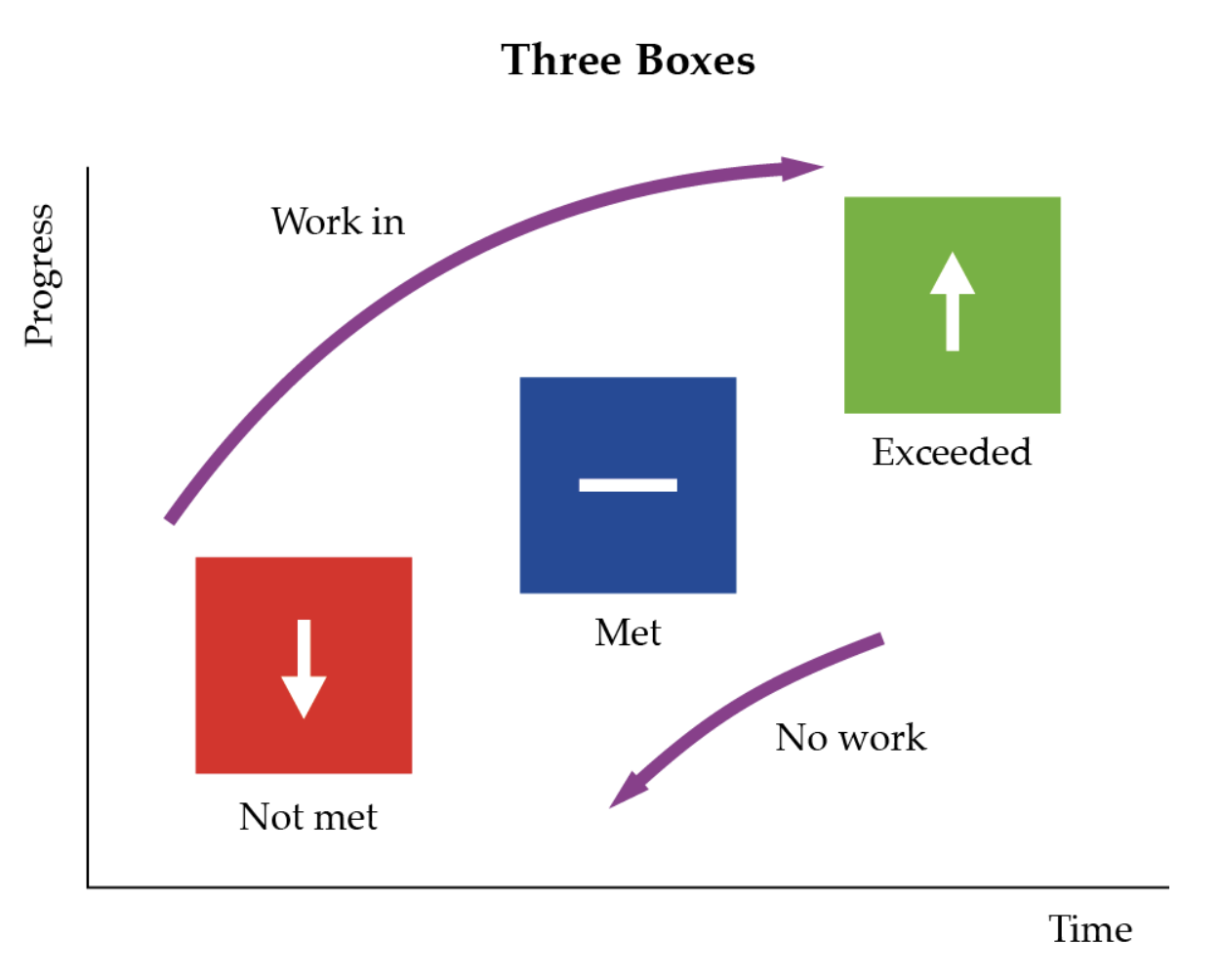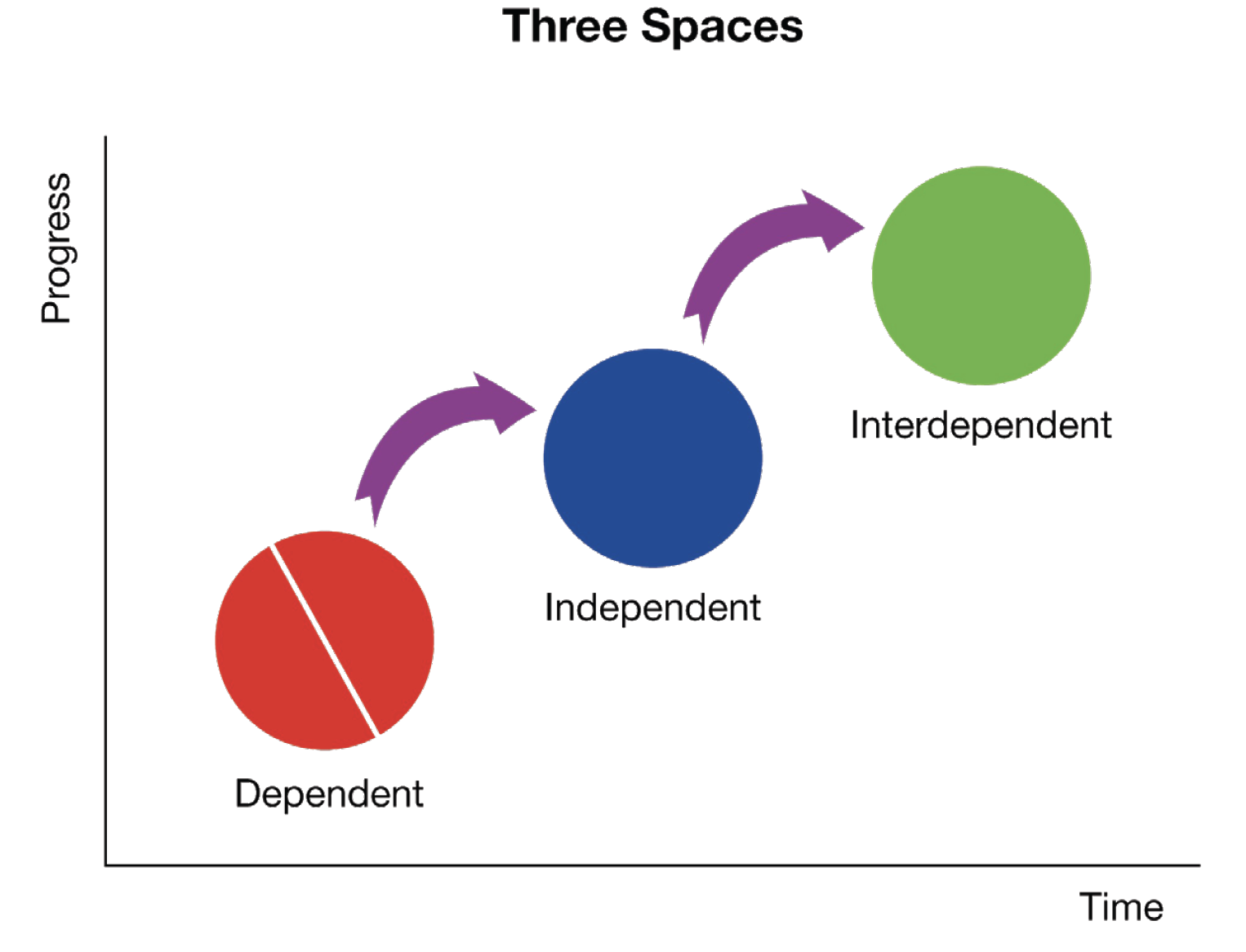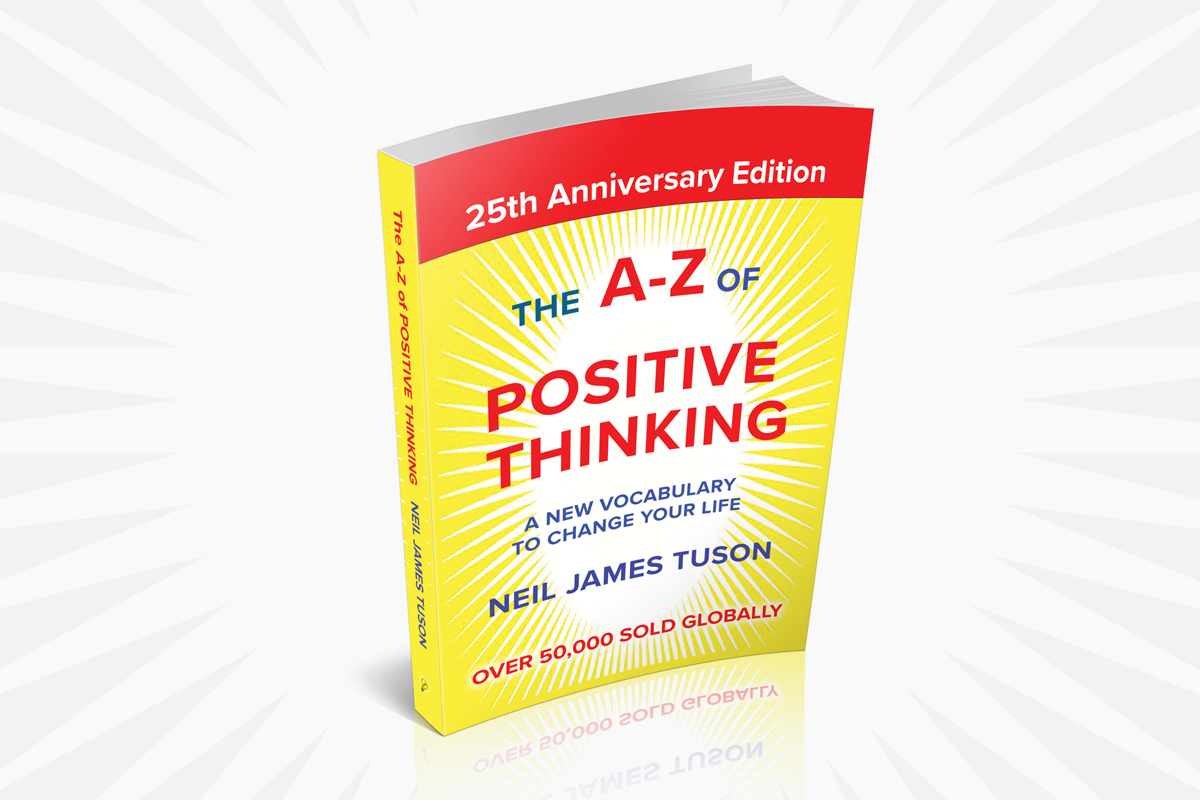According to research published by Deloitte last year, almost half of Gen Z’s and just under four in ten millennials said that they feel stressed or anxious all or most of the time.
Stress and mental health doesn’t just impact your team members individually- it impacts your whole team, your productivity levels, and ultimately- your business performance.
As an example, this article from People Management reports on the results of one poll showing the impact of stress and anxiety on productivity.
What can you do to combat this?
Fortunately, our team has:
- More than three decades of experience in executive development, and
A framework which helps boards and management teams to improve team engagement and productivity.
So, in this article, we will outline our top 11 tips so that you can help your teams deal with stress, while also improving their productivity at the same time.
Before we look at how we can help your team, we need to start with you:
As we highlighted in one of our previous articles, positivity breeds more positivity. If you want a perfect team, you need to look at yourself. If you are focusing on negativity and are in a place of blame, that will not support your team. In fact, it will actually rub off on them negatively.
When our founder was first introduced to one of our clients, he was leading a team of brokers and was in a bad place- both personally and professionally.
Over the time they worked together, the client’s focus changed, and so did his leadership style, and their work eventually led to a 330:1 return on investment for the client’s company.
The important questions to ask yourself are: “How are you dealing with your own stress as a leader? And, if you need it, “what support can you get to help you?”
Then your team:
You then need to identify those who may be struggling with stress or with their mental health.
They may, for example, be less effective or productive than usual. You might have observed that they have either detached themselves from the core team or that they have become the source or instigator of conflict within the team.
It’s about helping people to help themselves:
It’s firstly important to note that while there is no ‘I’ in a team, one of the key aspects within perfect teams is a big ‘R’- responsibility.
Without taking responsibility, individuals and teams are dependent on others, and we have found that this tends to drain energy from the organisation and holds them back.
Ultimately, to scale your business you need a team of independent people who take responsibility and drive things forward.
It’s up to the judgement of individual leaders and businesses, but if a team member is unwilling to help themselves despite a vast amount of support from their leaders at work, they should seek support elsewhere such as professional therapists.
The 11 top tips to help your teams deal with stress, and also improve their productivity:
1. Obsessing won’t help:
Michel de Montaigne said,
“My life has been full of terrible tragedies, most of which never occurred”.
Most of the things people worry about don’t happen, but because they have focused on them so much, they become bigger and bigger, and cloud judgement.
2. Live for today:
Dale Carnegie said in his book ‘How to stop worrying and start living’,
“If you want to avoid worry…live in day-tight compartments”.
You can only deal with today, so only focus on what you can do today.
3. Even the darkest hour only has sixty minutes:
What can you do in the next minute to change things? Relish the moment.
4. Stop exciting the negative and focus on the positive:
In a previous article, we highlighted that focusing on negativity breeds more negativity.
Don’t give the negative any energy at all, it leads to a breakdown. When the negative comes into your world, stop exciting it. When you keep focusing on a particular energy it will eventually cause a breakdown because you are constantly exciting* it.
*When a natural frequency is excited by constant reinforcement it leads to ‘resonance’. Resonance leads to amplification and ultimately destruction.
The Tacoma Narrows Bridge in Washington State was destroyed when the structure’s natural frequency was matched by the gusts of wind blowing down the canyon. It went into resonance and collapsed.
5. Your thoughts are 100% your own responsibility:
No one does it to you. You do it to yourself. Don’t be a victim and remove yourself from being in a blame culture.
You can find out more about this by reading our article where we identify how one of our clients transformed her struggling career to now become a Chief Operating Officer.
6. What you do in the gap between the ‘Stimulus’ and the ‘Response’ determines the outcome and your future:
When something happens you are the conscious agent between what has happened and your response to it. What are you doing to alter the outcome? Consciously decide. Stop going with the flow…
As Charles R. Swindoll said, “Life is 10% what happens to you and 90% how you react to it.”

7. Ask yourself: What are you aiming for? What’s your purpose?
The Finnish ethos of SISU talks of stoic determination- the tenacity of purpose that will make you apply your willpower to persist and overcome all obstacles. It’s about resilience, determination, grit, and staying power. This quality of fortitude is necessary in a perfect team.
With a strong purpose and clarity of what you’re aiming for, you will have more determination to move past your challenges.
8. Ask yourself ‘which game am I playing?’
It’s natural for hot things to get cold and for high things to fall down. It’s the same with human nature. Great things become OK and then not. The joy of that pay rise diminishes with time.
Be aware of the three boxes that sum up your expectations.
- In Box 1 they are exceeded (and energy is up/high)
- In Box 2 they are met (and energy is neutral)
- In Box 3 they are dashed (and energy is down/low)
The truth is, it takes work to raise energy and the same is true for you. Will you play the ‘Up Game’ and put the work in? Or will you play the ‘Down Game’ and simply go with the flow? The choice is yours.

9. Ask yourself: What are you doing to change things?
People look at successful people and want it for themselves. The independence, reward, and fame.
But to move from a dependent space to one of independence, where you make things happen, requires you to do one thing first- take responsibility for yourself. Once this decision is made you will seek out the other four contributing factors.
Again, you can find out more about this by reading our article focusing on how one of our clients transformed her struggling career to now become a Chief Operating Officer.

The average-sized dictionary contains 31,460 words, but only around 5% of them- 1,705- are positive. Add to this the fact that around 18% of them- 5,890- are negative, and you will start to understand how negativity dominates the lives of most people.
In the book ‘The A-Z of Positive Thinking’, we highlight how you can start achieving success by refocusing your attention and energy.
11. Always save the best for last:
The greatest pearl of wisdom ever uttered. “The ultimate freedom, the final freedom we all have, that can never be taken away from us, is the ability to choose our attitude in any set of circumstances”.
Viktor Frankl in ‘Man’s Search for Meaning’
Have you noticed that your team is less engaged, productive, and effective than it used to be?
Our founder Neil, and our team, have over thirty years of experience in executive development and have worked with more than 6,760 business owners and leaders to improve team engagement and productivity.
To find out more about how we can help you improve team engagement and productivity, click here to book your free ticket to our next executive seminar, which is specifically for senior managers, directors and managing directors.


 Article by:
Article by: